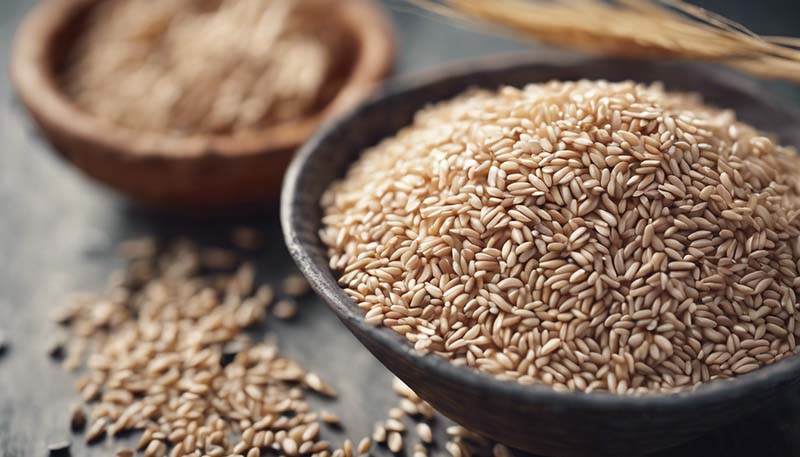The Benefits of Fasting and Intermittent Eating
Fasting and intermittent eating have gained significant attention in recent years as potential health and weight management strategies. While fasting has been a part of various cultural and religious practices for centuries, the scientific community has started to unravel the potential benefits of this practice for overall health and wellness.
What is Fasting and Intermittent Eating?
Fasting is the voluntary avoidance of food for a certain period, ranging from a few hours to several days. Intermittent fasting (IF) is an eating pattern that cycles between periods of fasting and eating. There are various methods of IF, including:
- The 16/8 Method: Fasting every day for 14-16 hours and restricting daily eating windows to 8-10 hours.
- The 5:2 Method: Eating normally for five days a week and restricting calorie intake to 500-600 calories on the other two days.
- The Eat-Stop-Eat Method: A 24-hour fast once or twice a week.
- Alternate-Day Fasting: Alternating between a day of normal eating and a day of significantly reduced calorie intake.
Potential Benefits of Fasting and Intermittent Eating
1. Weight Loss
One of the most common motivations for fasting is weight loss. By limiting the hours in which food is consumed, individuals often reduce their daily caloric intake, which can lead to weight loss if coupled with a balanced diet.
2. Improved Insulin Sensitivity
Fasting can enhance insulin sensitivity, which may help prevent the development of type 2 diabetes and improve blood sugar control.
3. Autophagy
Autophagy is a natural process the body undergoes to remove damaged cells and regenerate new, healthy cells. Fasting has been shown to induce autophagy, which may contribute to its potential health benefits.
4. Cardiovascular Health
Some studies suggest that intermittent fasting may reduce blood pressure, triglycerides, and cholesterol levels, which are key factors in the development of heart disease.
5. Brain Health
Fasting may promote the production of brain-derived neurotrophic factor (BDNF), a protein that supports the growth and survival of neurons and is linked to improved brain health and reduced risk of neurodegenerative diseases.
6. Cellular Repair and Longevity
Fasting can stimulate cellular repair processes and may contribute to the extension of cellular lifespan, which could potentially lead to increased longevity.
7. Reduced Inflammation
Chronic inflammation is linked to many diseases, and fasting may help reduce inflammation in the body by modulating the immune system.
8. Cancer Risk Reduction
While more research is needed, some studies have suggested that fasting could potentially reduce the risk of certain types of cancer by affecting cell growth and metabolism.
Precautions and Considerations
While fasting and intermittent eating can offer health benefits, they may not be suitable for everyone. Pregnant women, individuals with a history of eating disorders, and those with certain medical conditions should consult a healthcare provider before starting a fasting regimen.
Additionally, it's important to maintain a balanced diet during the eating windows and not to overeat, as this can negate the potential benefits of fasting.
Conclusion
Fasting and intermittent eating are intriguing approaches to health and wellness, with potential benefits that extend beyond weight loss. However, they should be approached with caution and under the guidance of a healthcare professional. As with any dietary change, individual responses can vary, and it's essential to listen to your body and make adjustments as needed.






























Join the discussion